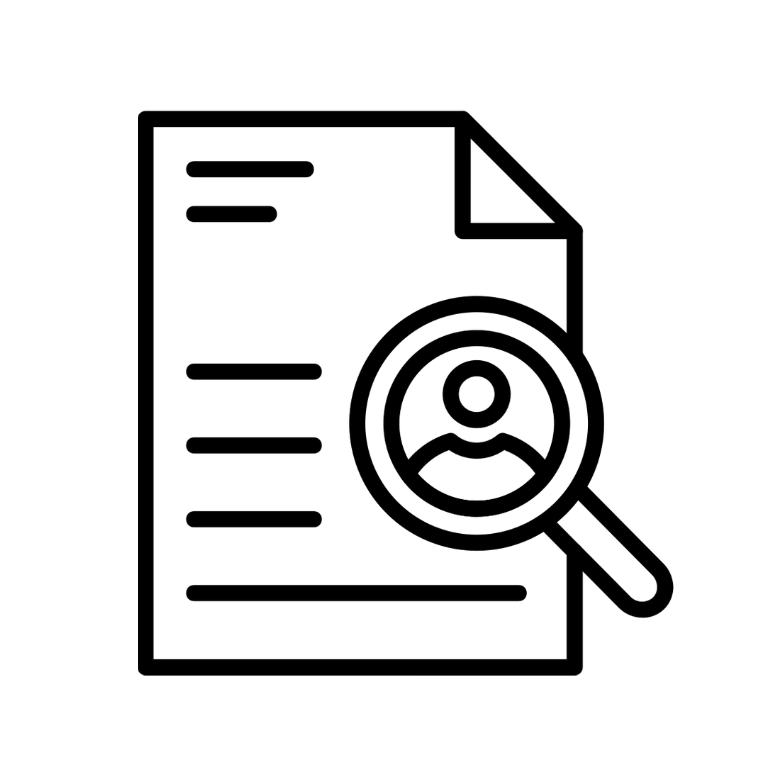Five Resume Changes To Make This Week
Here are our top five quick resume changes you should make this week.
1. STATE.YOUR.WORTH.
Women are more likely to leave out professional achievements and important experiences on their résumés. It is a double-edged sword- women don’t want to appear narcissistic or somehow “overstate” their experience or success. But remember, most of the men applying to the jobs you’re applying for have included their awards, achievements, and experiences in theirs. So go for it. Include your most noteworthy professional achievements. This can mean awards you’ve won, promotions you’ve received, projects you’ve handled… anything relevant to your work experience. It’s important and helps you stand out.
2. Include all your skills.
Actually- all of them. Even if they aren’t perfect. We aren’t telling you to lie or make up skills- but if you’re learning to do something- put it on your résumé! Women aren’t likely to include skills unless they have really mastered them. remember it can let a future employer know where your interests lie, and it lets them know that you’re constantly working to hone your professional skills.
3. Include non-work experience.
Volunteered at a local food bank? Spoke on a panel? Ran a marathon? Passionate about knitting? Put it on your resume. It matters. It lets employers know just what kind of person you are, where your interests lie, and that there is more to you than just work (this is important!).
4. Use strong language.
Research has shown that women don’t use the same strong language in their résumés that their male peers do. Where men say “led,” “founded,” and “executed,” women say “helped,” “was part of a team,” “aided,” “was asked to.” Weak language can hurt your chances of landing an interview. It can make the employer feel like you aren’t as strong of a candidate as peers with the same experience. Also- many of the AI systems that filter résumés these days judge the strength of your language and might not promote your résumé because of it.
5. Keep it simple.
Chances are, before your résumé lands on someone’s desk, it gets filtered through some kind of scoring software first. While a person may appreciate your unique résumé- computers often can’t read them. Sometimes, less is more. Make it a word document, use a simple font, and use simple titles like “Work Experience,” “Skills,” and “Education.”
Looking for more job search advice? You’re in the right place! Read more here.
Privacy Policy Terms Of Use




